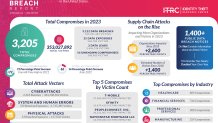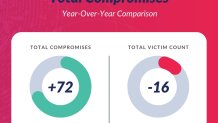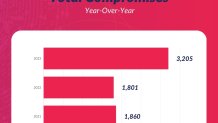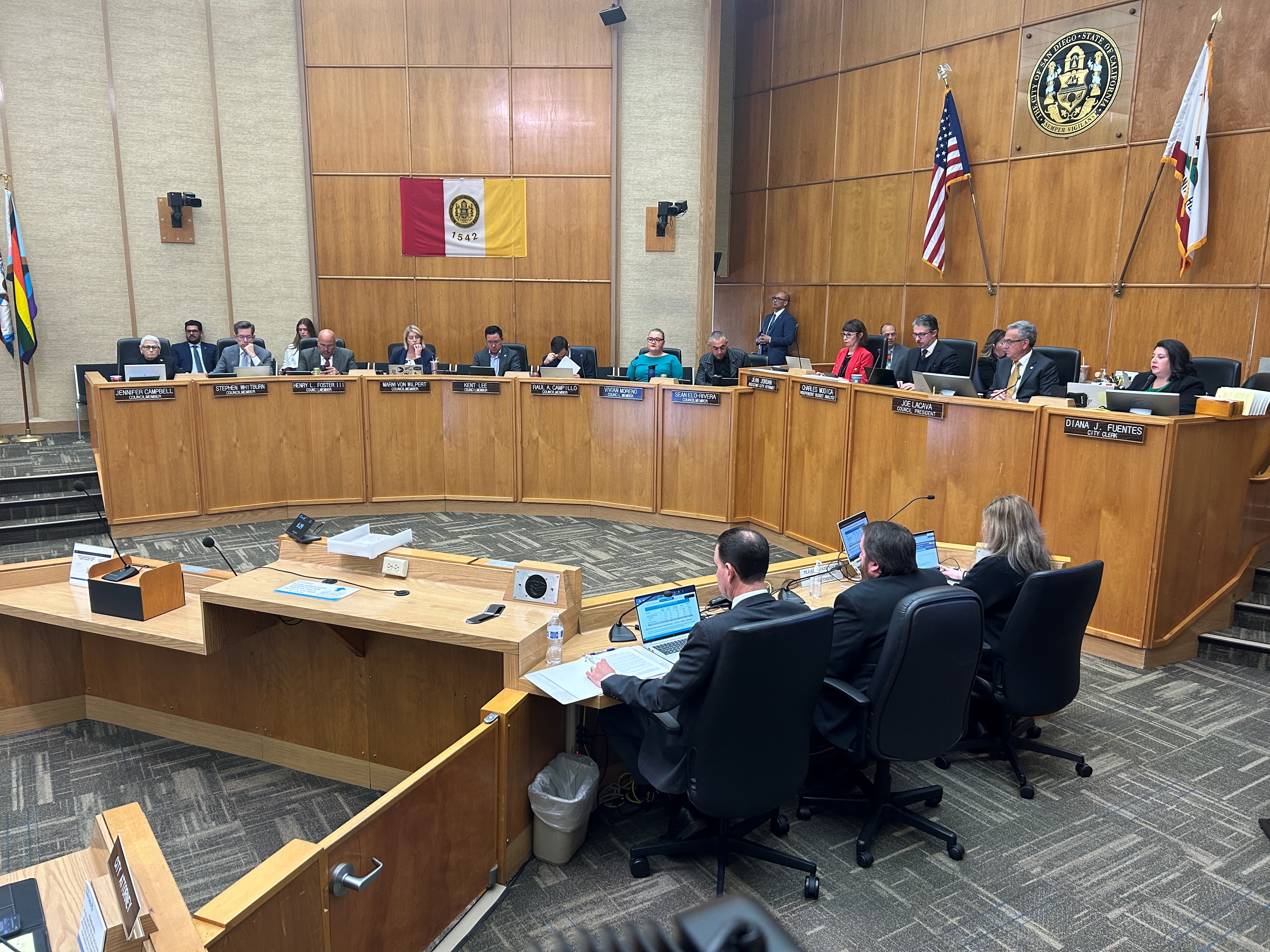From health care to education, even utilities, you name it: Identity thieves are trying to steal your data. A report just published Thursday morning by the Identity Theft Resource Center (ITRC) backs that up.

“What really stands out to me is the pace of breaches and the scope and the scale,” said Eva Velasquez, CEO and president of ITRC.

Get top local stories in San Diego delivered to you every morning. >Sign up for NBC San Diego's News Headlines newsletter.
ITRC is a nationally recognized nonprofit organization that helps the victims of identity crime. Its just-released annual report for 2023 should have everyone all concerned, since it shows a record number of data breaches. It’s a 72% increase from the all-time high in 2021.

“But it's really important to understand that that means you could be involved in multiple breaches,” Velasquez said. "So there are a lot of people that are experiencing more than one, two, maybe even three breaches again in a single year."
Local
There were more than 3,000 data breaches, exposures or leaks in 2023 that impacted some 353 million people.
The Top 5 industries plagued by data breaches reported in 2023 are:
- Healthcare: 809
- Financial services: 744
- Professional services: 308
- Manufacturing: 259
- Education: 173
"There is a real challenge with making this concrete for people because you don't actually feel it until it's misused,” Velasquez said.
What can you do to protect yourself?
- Freeze your credit: It’s free for you and even your children. Velasquez said this should be your default setting with credit reports. You can thaw your credit, meaning unfreeze, it for a short time when you’re thinking of financing a purchase or opening up a credit card
- Upgrade your password game: Start using complex and unique passwords for all of your accounts. Don’t make it easy for strangers to guess your password. Use different ones for different accounts and consider pass-phrases over a password
- Use multifactor authentication (MFA): The ITRC has described this as a game changer, so make sure you use it. It’s another layer of security. With MFA, you have to enter a code that you receive either by text or email, and it’s a one-time code, so even if your user name and password are compromised, without that code, your account still can't be accessed
Finally, you can also receive notifications in real-time when a company you do business with has been breached by cyber criminals. The ITRC has a tool that can help you with that. This way you could keep a closer eye on your credit while you reach out to the company to see if your personal data was compromised.



